Building a strong, defined chest doesn’t require a gym membership or fancy machines. With the right approach, consistency, and form, you can effectively target your pectoral muscles right from your living room. Whether you're just starting out or looking to maintain your gains without equipment, this guide breaks down the best chest exercises to do at home—and how to make them work for you.
Why Chest Training Matters
Your chest muscles—mainly the pectoralis major and minor—aren’t just for aesthetics. They support everyday movements like pushing, lifting, and stabilizing your upper body. A well-developed chest improves posture, protects your shoulders from injury, and boosts overall strength for activities like pushups, bench presses, and even carrying groceries.
The Best At-Home Chest Exercises (No Equipment)
You don’t need weights to build your pecs—just your body weight, floor space, and grit.
1. Standard Push-Up
A staple in home workouts, push-ups engage your chest, shoulders, triceps, and core. Keep your hands shoulder-width apart, body in a straight line, and lower yourself slowly for maximum muscle activation.
Pro Tip: Focus on controlled reps—it's not about how many, but how well.
2. Wide-Grip Push-Up
Move your hands slightly wider than shoulder width. This variation increases the load on your chest, especially the outer pecs.
3. Incline Push-Up
Place your hands on a stable surface like a bench or step. This targets the lower part of your chest and is ideal for beginners working up to full push-ups.
4. Decline Push-Up
Feet elevated on a chair or step, hands on the floor—this shifts emphasis to the upper chest and front shoulders. A great option to simulate incline bench press dynamics.
5. Diamond Push-Up
Bring your hands close together beneath your chest in a diamond shape. This primarily hits your inner chest and triceps and requires more control.
6. Chest Dips Between Chairs
Using two sturdy chairs, dip your body down between them. This advanced move targets the lower chest and triceps and demands good form and shoulder mobility.
Structuring Your Chest Workout at Home
Here's a sample routine you can follow 3–4 times a week. Adjust reps and sets based on your level:
| Exercise | Sets | Reps |
|---|---|---|
| Wide-Grip Push-Up | 3 | 12–15 |
| Decline Push-Up | 3 | 10–12 |
| Incline Push-Up | 3 | 12–15 |
| Diamond Push-Up | 2 | 8–10 |
| Chest Dips (if possible) | 2–3 | 6–8 |
Rest 30–60 seconds between sets. Don’t forget to stretch your chest and shoulders afterward to improve recovery and flexibility.
My Personal Experience with Chest Training at Home
During a period when I couldn’t access a gym, I returned to bodyweight basics. At first, I doubted whether I could maintain chest strength without a bench or dumbbells. But after committing to a push-up-focused routine with progressive overload—adding reps, slowing the tempo, and incorporating elevation—I not only maintained my size but improved my definition. It reminded me that smart programming and consistency matter far more than equipment.
Tips for Better Results
-
Mind-Muscle Connection: Focus on your chest contracting during each movement.
-
Progressive Overload: Increase reps, slow down each rep, or reduce rest time to make workouts harder.
-
Recovery: Your muscles grow during rest. Ensure you're getting enough sleep and recovery time between sessions.
-
Consistency Beats Intensity: You don’t need to go all-out every day. Stick to your plan and results will follow.
Final Thoughts
Training chest at home is entirely doable—and surprisingly effective. By mastering key bodyweight movements and focusing on form, you can build strength, definition, and function without stepping foot in a gym. Whether you're short on time, space, or equipment, your chest workouts don’t have to suffer. Start with the basics, stay consistent, and you’ll see progress in both appearance and performance.

















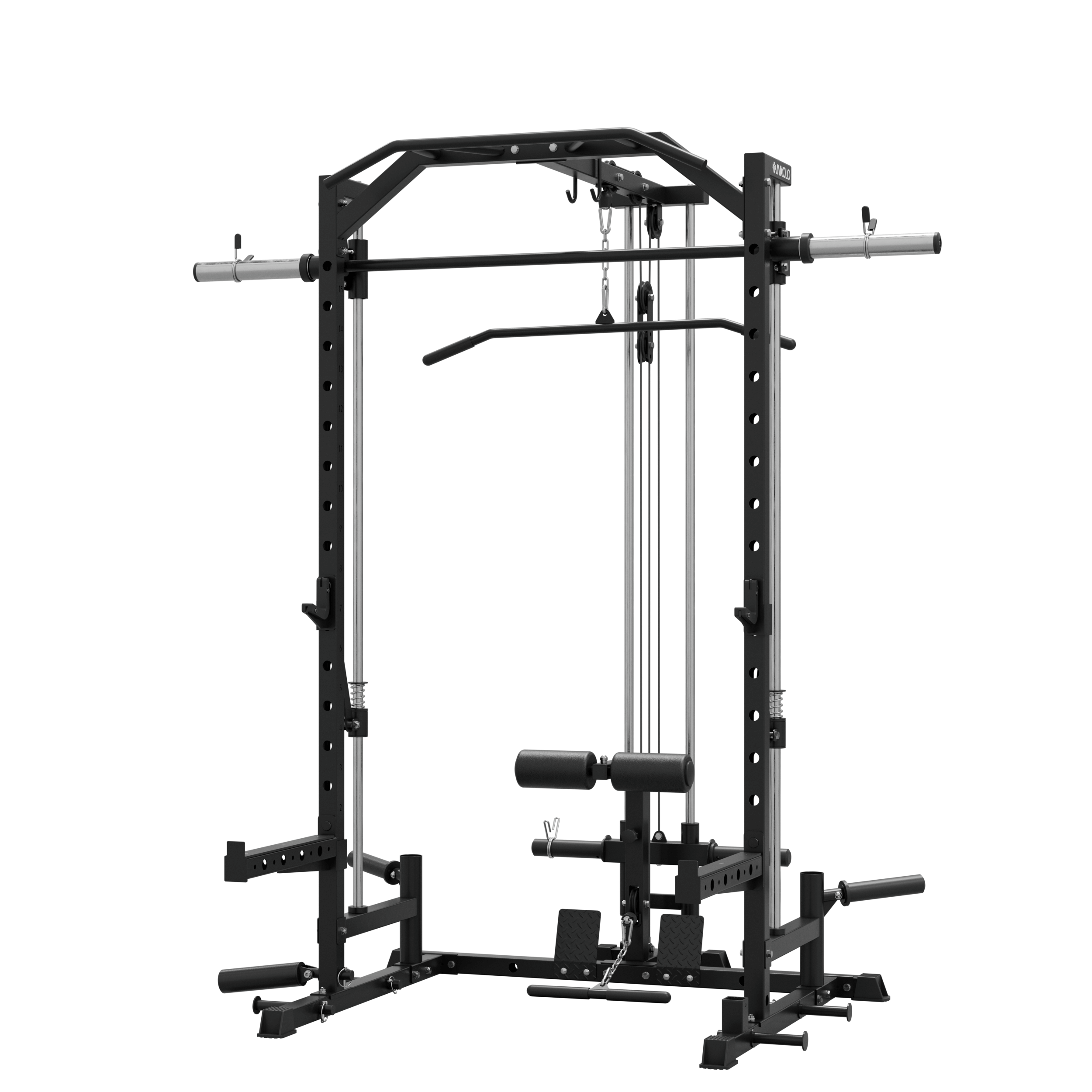


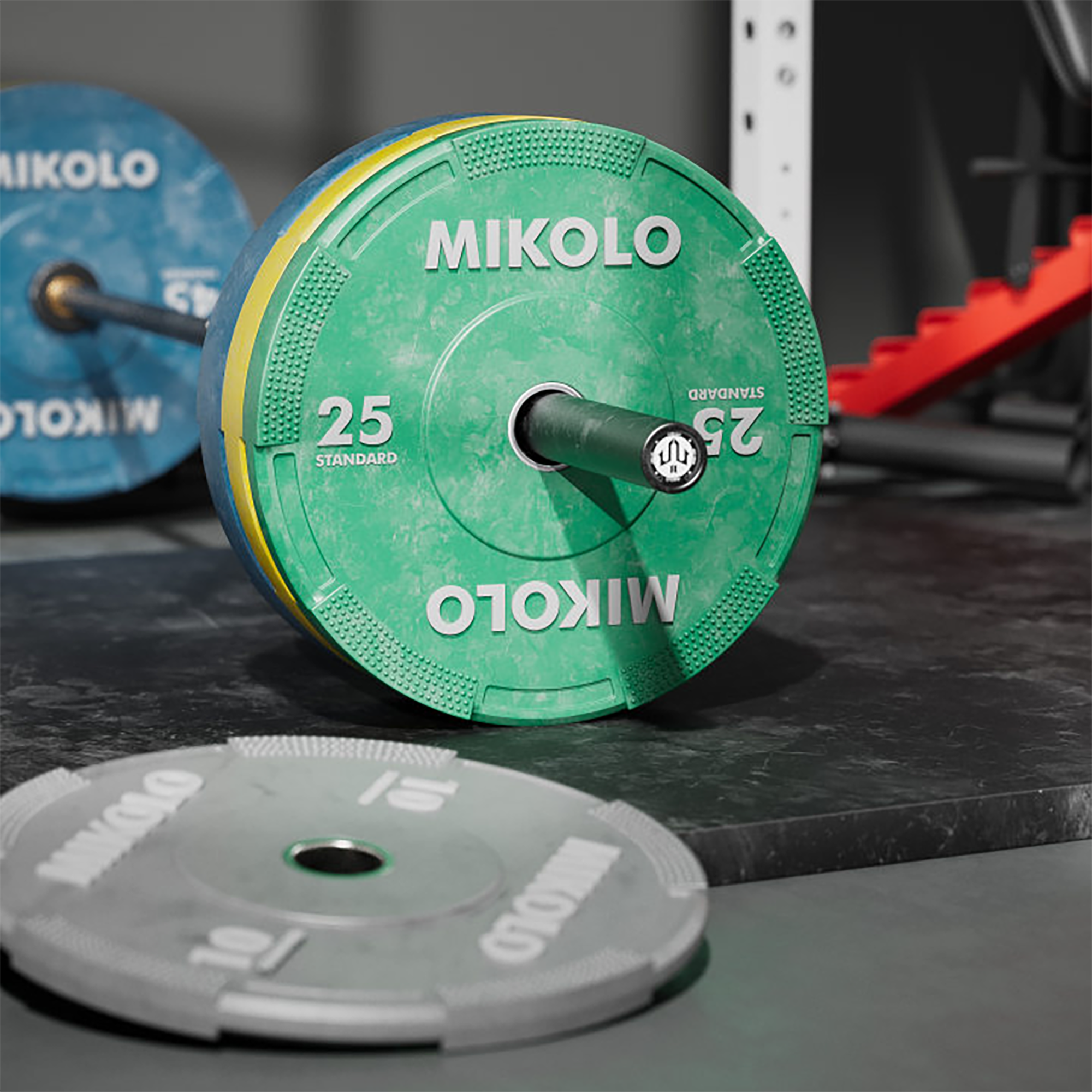






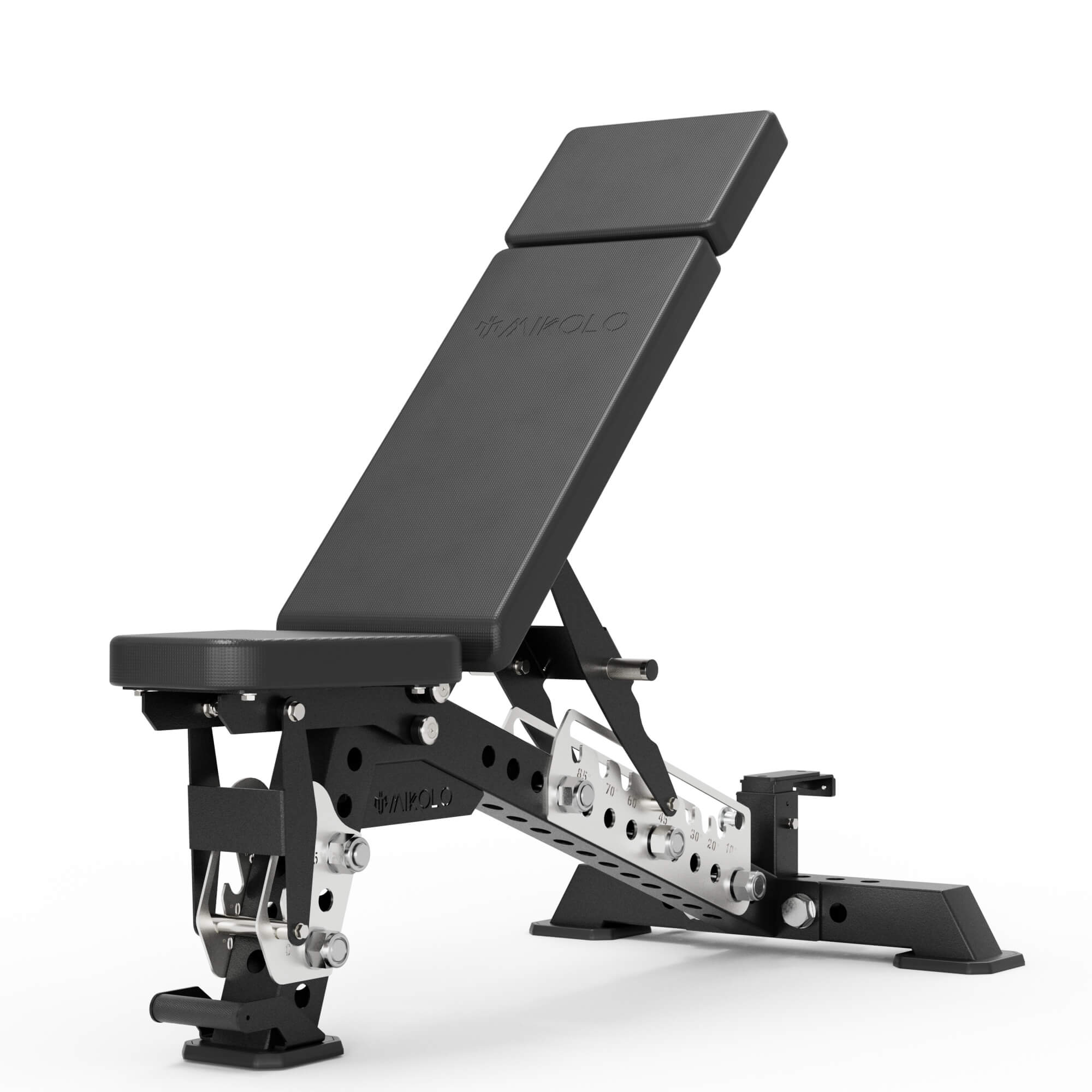
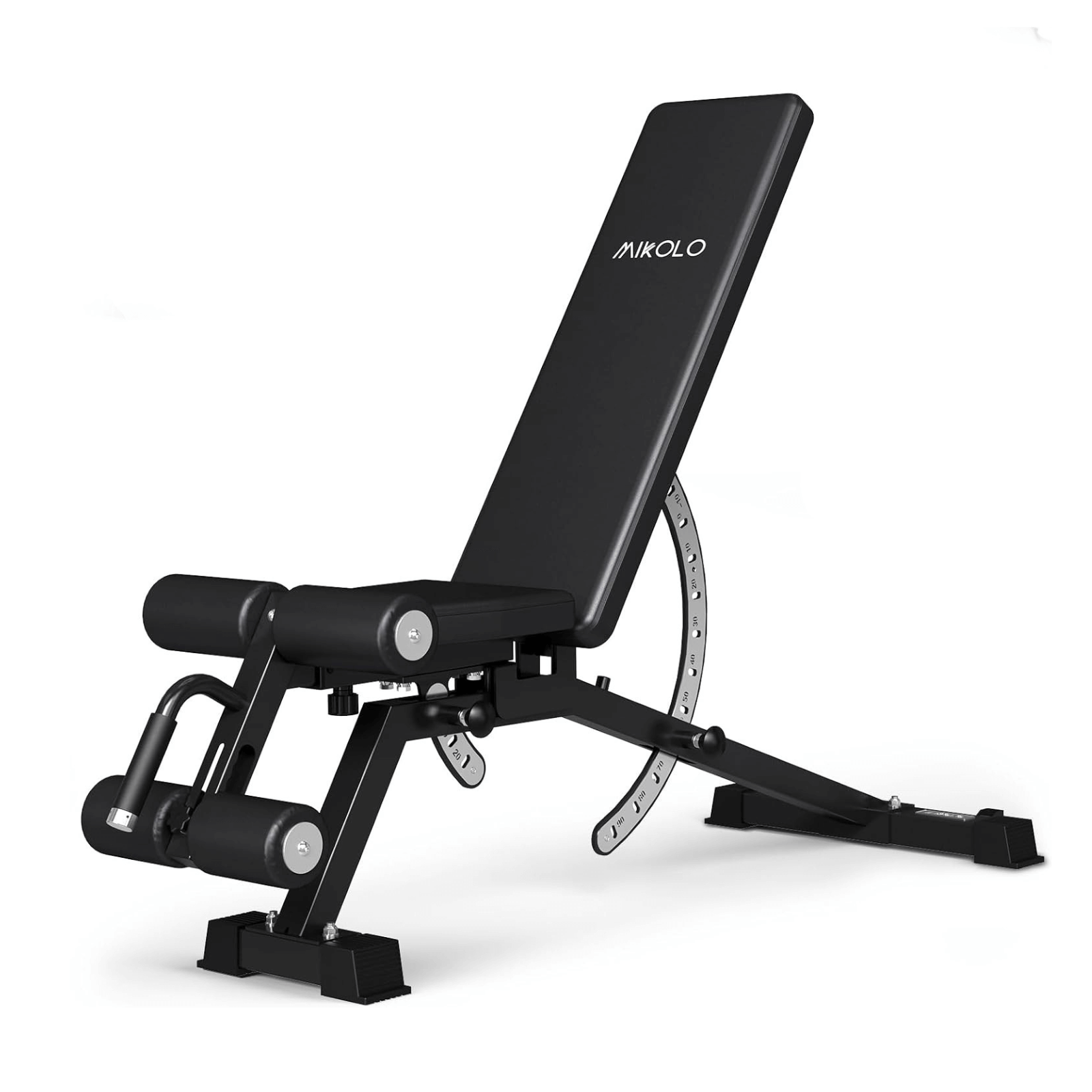




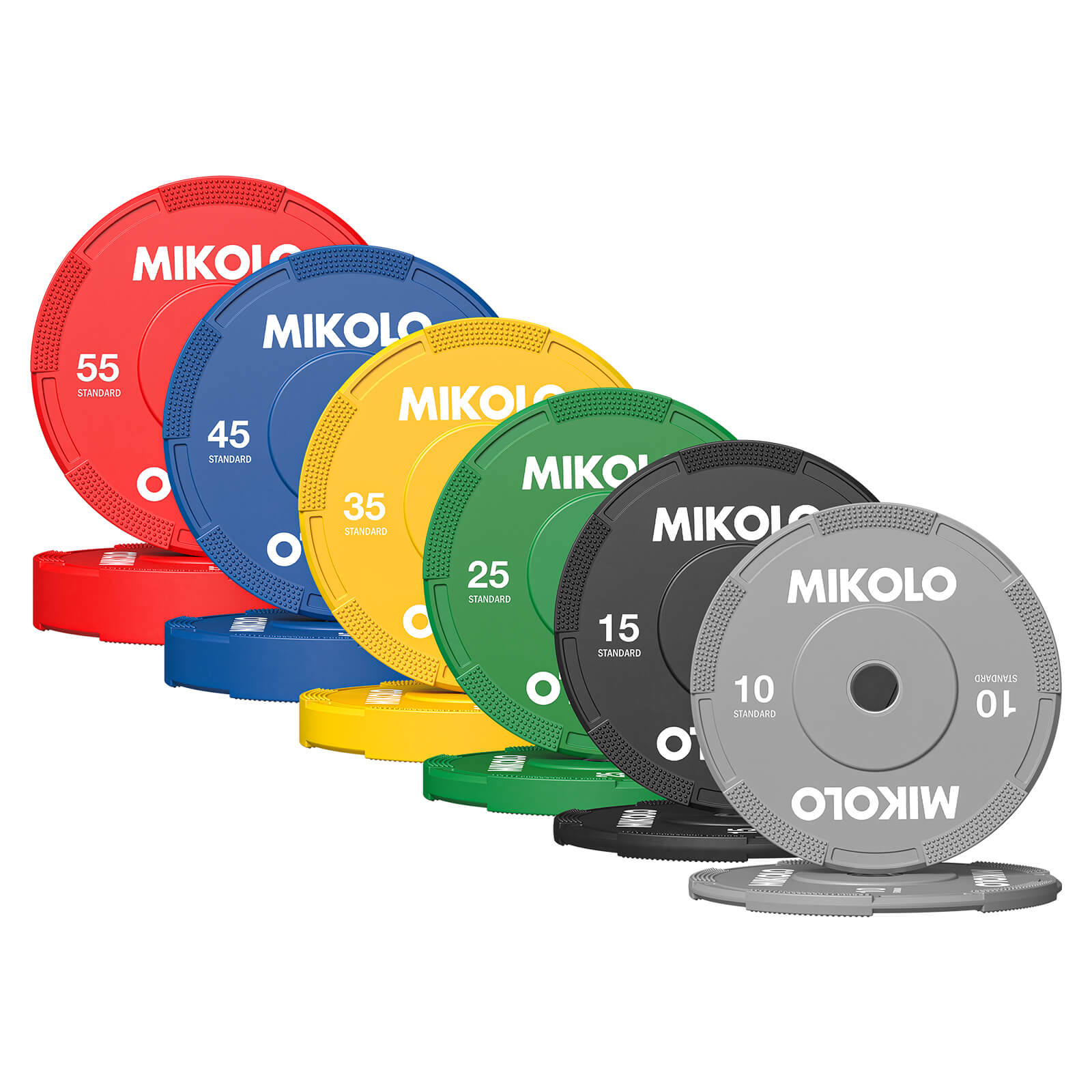

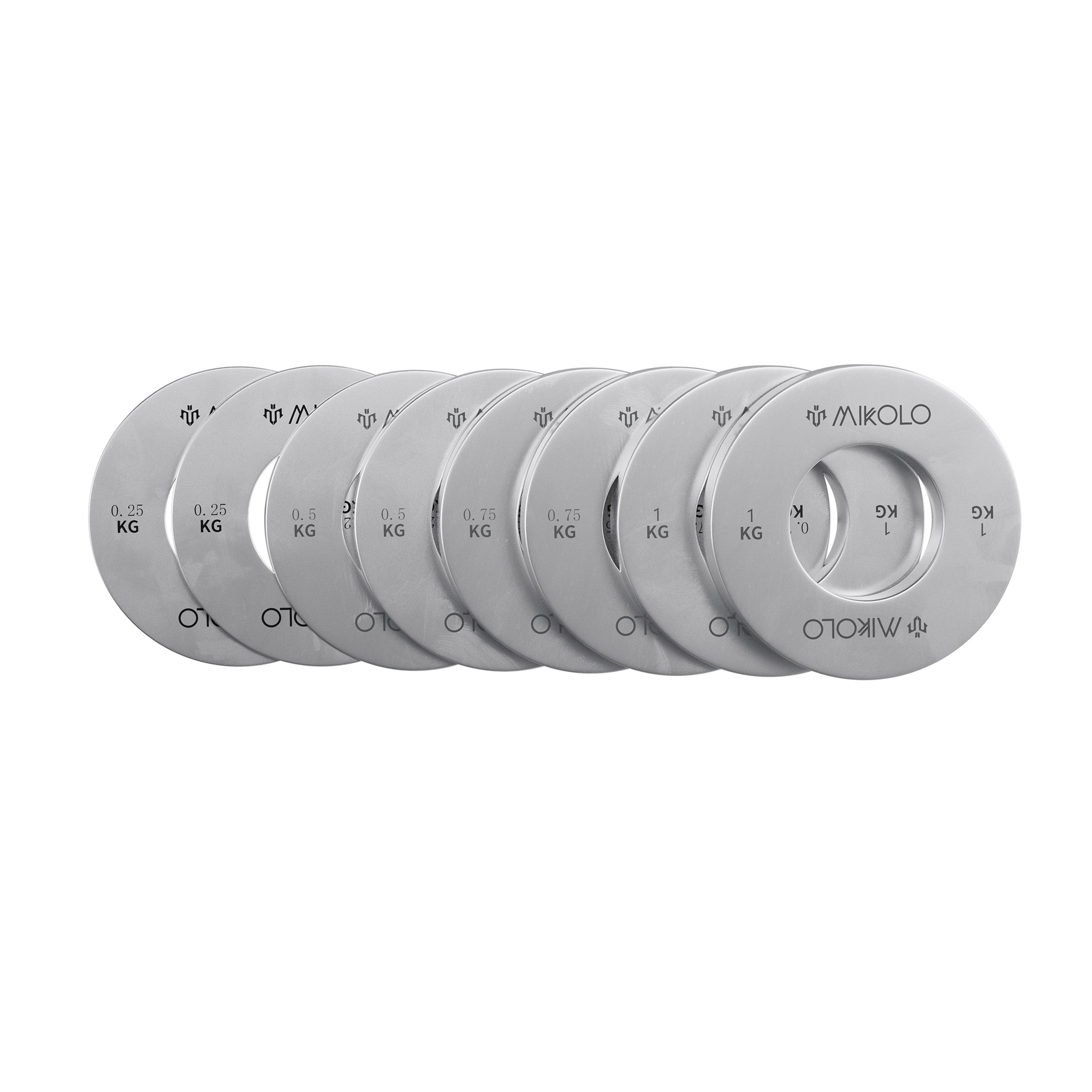

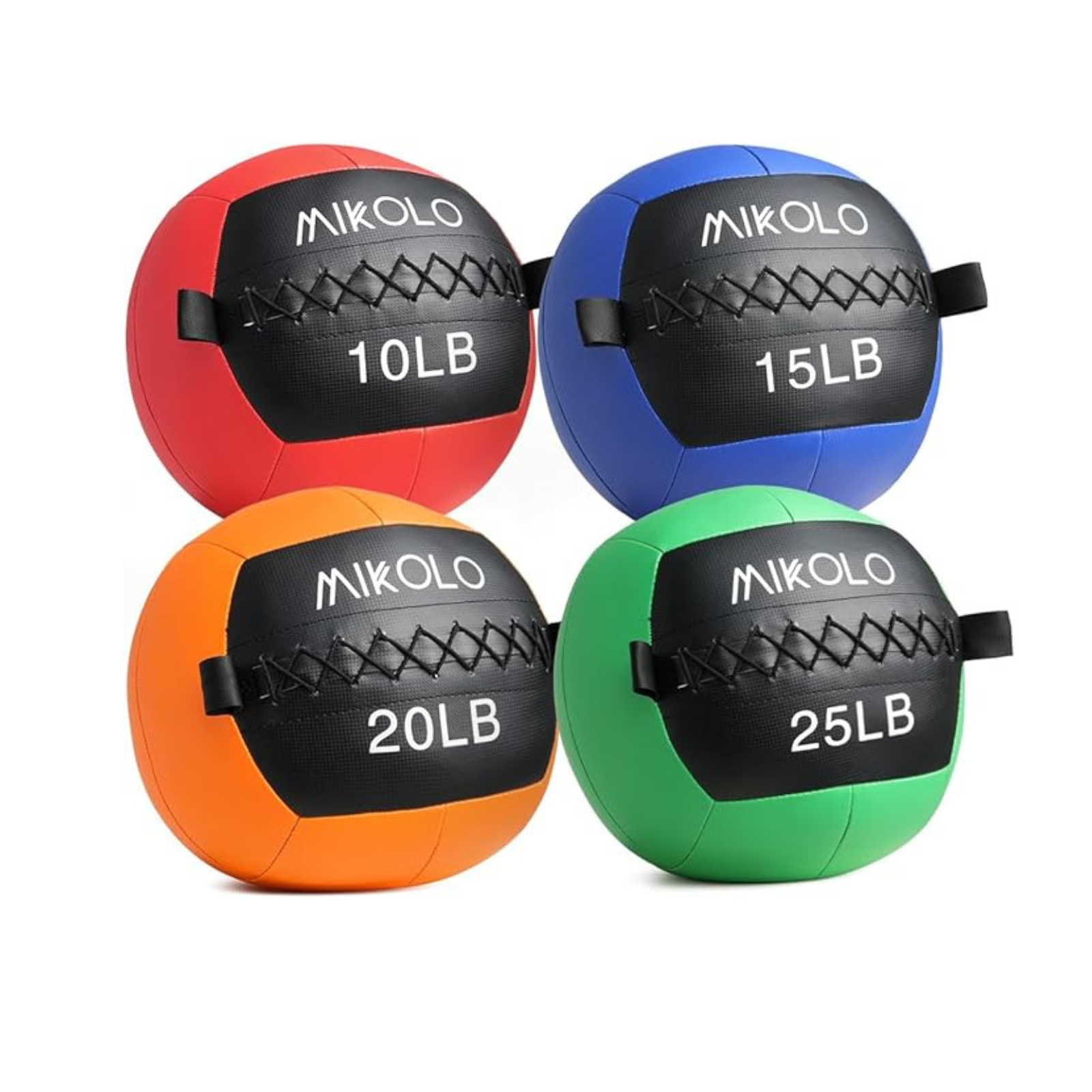
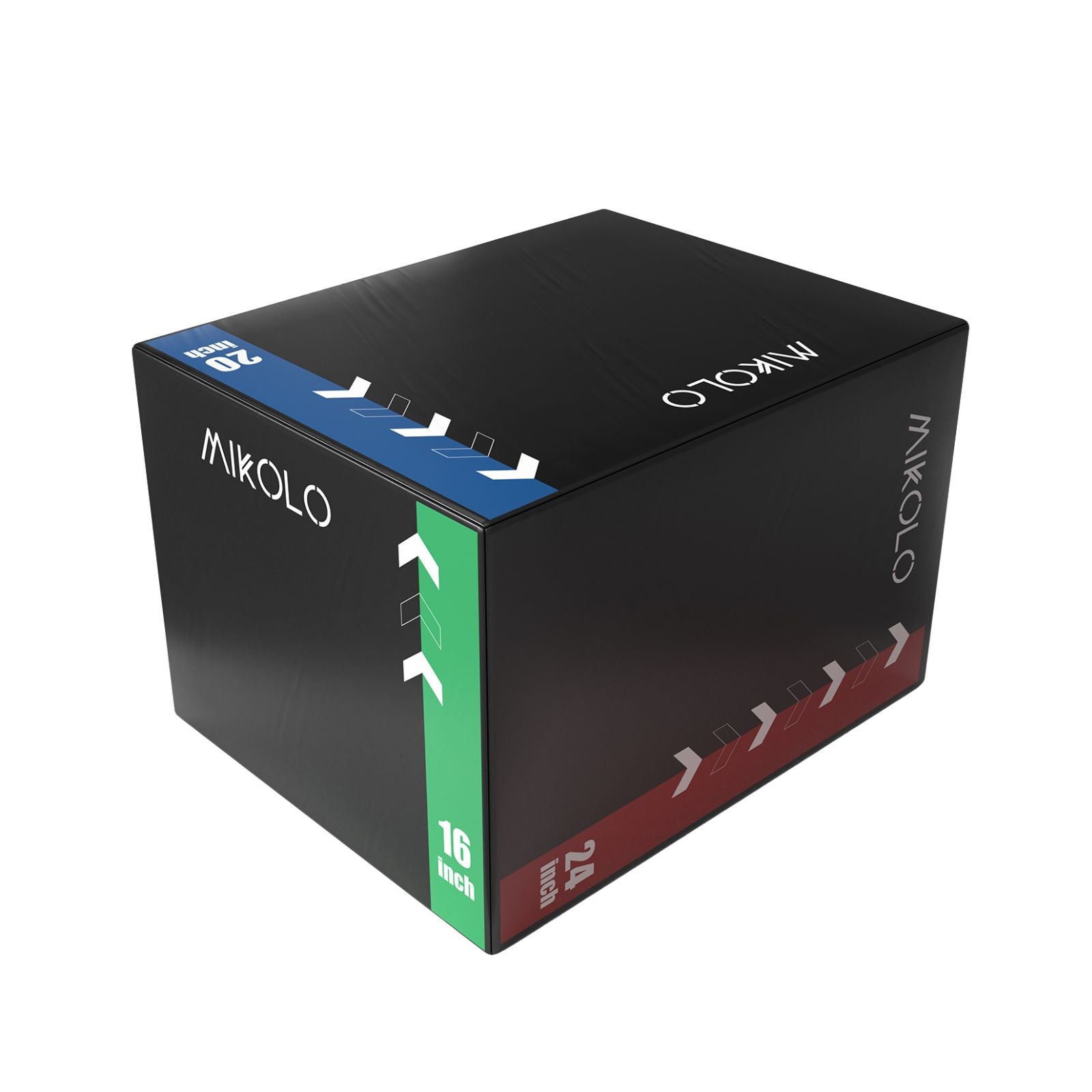






Leave a comment
This site is protected by hCaptcha and the hCaptcha Privacy Policy and Terms of Service apply.